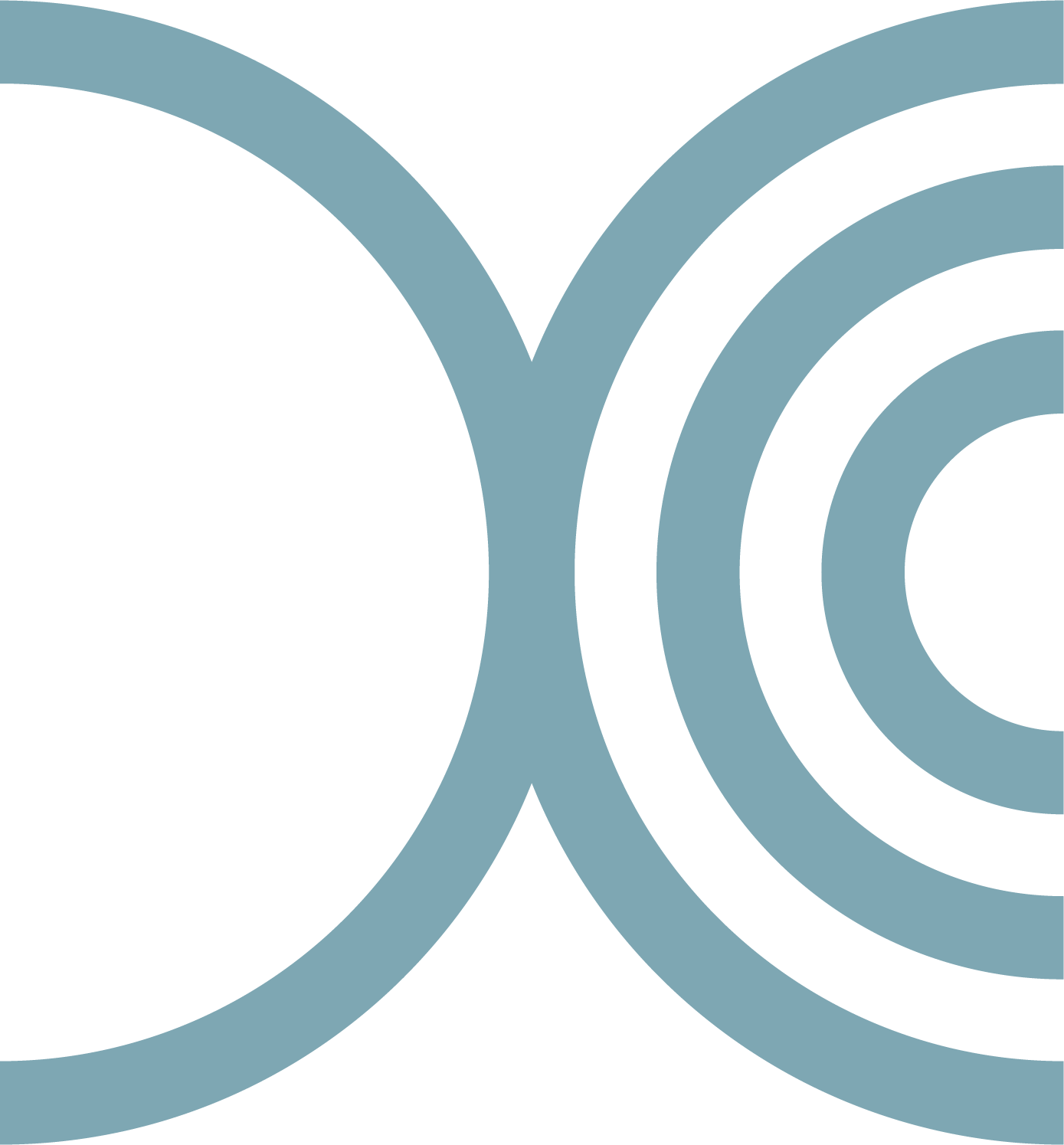Under sessionen Aktuel dansk kræftforskning i rampelyset præsenterede syv forskere deres seneste forskningsresultater. En af de syv unge forskere var Tinne Laurberg DKD2021, Foto: Rune Borre-Jensen
01-12-21
Persons with Type 2 diabetes have an increased risk of colorectal cancer. Unfortunately, many with diabetes do not know that the screening programme for colorectal cancer is particularly relevant for them.
Denmark has world-class complete and valid health registries enabling research that makes most of the world envious. When data in these registries are combined with the launch of a new cancer screening programme forwarded randomly to citizens, we have a unique opportunity to study the effect of the new screening programme.
Tinne Laurberg, postdoc at Steno Diabetes Center in Aarhus and partially funded by the Danish Diabetes Academy will document that the colorectal cancer screening programme is less effective in persons with diabetes compared to the general population.
“We have a special situation where one part of the target group is randomly selected to participate in the screening programme during the first four years. This means that we can actually identify which groups choose to take part in the screening”, says Tinne Laurberg.
“Persons with diabetes are less likely to participate in the screening programme. We also know that among those invited, colorectal cancer is more often found in persons with diabetes. The screening programme is effective – our challenge is that persons with diabetes more often decline to participate. It is important that this group is informed about their increased risk of colorectal cancer to ensure they base their decision to participate in the screening programme on this background”, Tinne continues.
Colorectal cancer risk
The risk of colorectal cancer is 25% higher if you have Type 2 diabetes. According to the NORDCAN cancer database, 5% of the Danish population will get colorectal cancer before their turn 75 (lifetime risk). This applies to both men and women.
Persons with Type 2 diabetes approximately have a 25% increased risk; this means that 6.25% will get colorectal cancer before the age of 75 years.
Diabetics do not know they have an increased risk
In addition to a large registry-based study with participation of 1.3 million Danes above 50 years of age, Tinne Laurberg and her colleagues have interview 20 persons with diabetes to find out why they are less likely to participate in screening for colorectal cancer.
“Professionals working with diabetes and cancer know that persons with diabetes are at increased risk. However, the interviews revealed that several persons with diabetes were unaware of their increased risk and chose not to prioritise participation in the screening programme”, says Tinne.
We need to do something to increase the participation of those who would highly benefit from participating and the solution is quite straightforward.
“All of the persons in the interview said that if they had known about their increased risk, they would have participated in the screening programme”. The challenge is now to spread this important information to increase attendance among persons with Type 2 diabetes.
Information is the solution to discover more cases of colorectal cancer
Tinne Laurberg presented her research results at Danish Cancer Research Days, and she is currently studying how to ensure that persons with diabetes get to know about their increased risk of colorectal cancer.
“I hope my presentation has increased attendance to this problem both among persons with diabetes and professionals. We can save more lives if more persons with Type 2 diabetes choose to participate in the colorectal cancer screening programme”, Tinne finishes.
Tinne’s abstract was selected among more than 200 abstracts
More than 200 abstracts were submitted to Danish Cancer Research Days 2021. An assessment committee reviewed the abstracts and selected seven researchers, who presented their research at the conference session "Current Danish cancer research in the spotlight". The assessment committee consisted of:
- Robert (Bobby) Zachariae, professor, Aarhus University Hospital & Aarhus University
- Kirsten Grønbæk, professor & consultant, Rigshospitalet & Copenhagen University
- Christian Godballe, Head researcher, professor, University of Southern Denmark
- Jens Overgaard, oncologist & researcher, Aarhus University Hospital & professor, Aarhus University
- Henrik Frederiksen, professor & consultant, University of Southern Denmark & Odense University Hospital
The seven abstracts were reviewed and an overall assessment was made including cancer relevance as well as outcome, quality, and generalisability. In addition, the perspectives of the project, the novelty of the study and the extent of national implications were considered in the assessment
Coaching and oral on-stage presentations by the seven selected researchers
The seven selected researchers will get the opportunity to present their research on stage in front of 500 researchers, clinicians, patient representatives and decision-makers at the conference session “Current Danish cancer research in the spotlight” at Danish Cancer Research Days. This session is always well-received by the conference audience.
The seven selected researchers are generally younger and less experienced compared to most researchers giving presentations at Danish Cancer Research Days. The session is known for the successful way the researchers communicate their research. The selected researchers are offered coaching by Marianne Godt Hansen, who is a translator and self-employed adviser with many years of experience in optimising oral and written presentations in the field of health. Coaching by Marianne is a guarantee that the seven presentations are sharp, and the message is successfully communicated.

